People often set up a trust to makes things easier on their family when they pass away, and to provide for the future of their family. However, taxes on trusts can sometimes make things very complicated. The short answer to the question “do trusts pay taxes?” is . . . well, . . . it depends, and consulting a trusts lawyer frequently relies upon is advised.
The long answer is that the structure of the trust will greatly influence how complicated the taxes will be. If simplicity is the goal, provisions can be included to accomplish that. And if complicity is the goal, lawyers can easily make things complicated. Trusts are taxable entities, however, who pays the taxes (the trust itself or the individual who created it) can vary depending on how the trust was set up.
Grantor (Revocable)Trusts
In a grantor trust, sometimes called a “revocable trust” the grantor (the person who created the trust) usually retains the right to add and remove assets from the trust. When the grantor retains this sort of control, the benefit is such that the trust itself generally does not need to file its own tax return. Rather the grantor, the person creating the trust, would file their own individual tax return and list any income from the trust assets.
Non-Grantor (Irrevocable) Trust
In an irrevocable trust where the grantor doesn’t have the ability to add and remove assets, the trust is considered an independent entity that owns the assets and the trust itself must file a tax return. If money is distributed to the beneficiaries, then whether it is taxable or not to the beneficiaries will depend on whether principal or income was distributed, and if it was income, then whether it was tax-free income or retained income from previous years that the trust has already paid tax on. If a trust distributes money to a beneficiary, the trust may also be entitled to deductions for any distributable net income. After that, any leftover income gets taxed directly to the trust.
Each person’s needs and wants are different and can lead to a variety of outcomes when it comes to estate planning. When in doubt, contact an estate planning attorney to talk you through the pros and cons of the different types of trusts.


